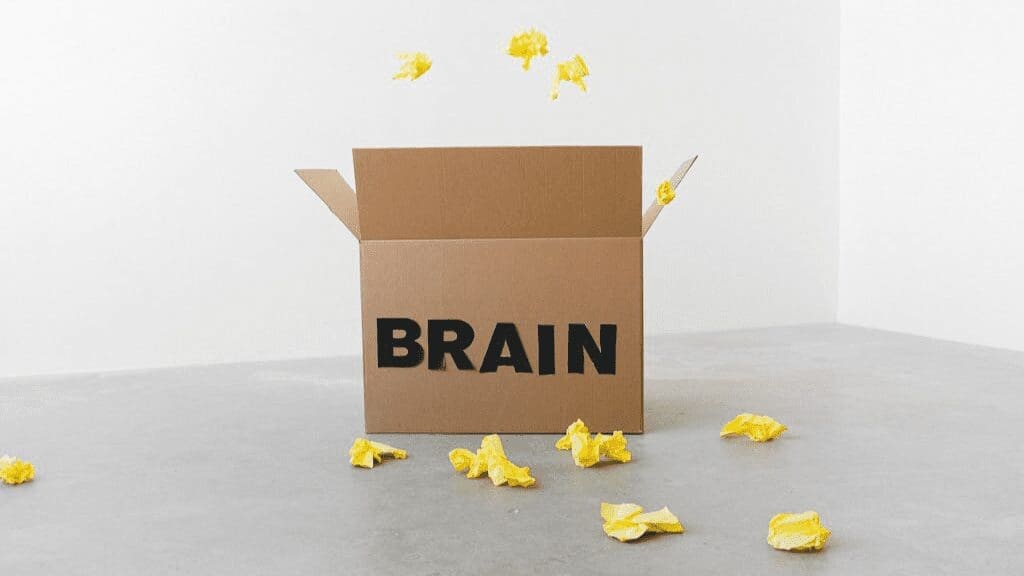Cognitive Distortions in Memory and Perception: A Deep Dive
Cognitive distortions, the systematic ways our minds deviate from objective reality, play a significant role in shaping our memory and perception. Within the field of neuroscience, the interplay between these distortions and our cognitive faculties offers a rich tapestry of insights into the human mind and its intricacies.
The Neuroscience of Memory and How Cognitive Distortions Intervene
Memory is a complex cognitive function, relying on various brain regions like the hippocampus and the prefrontal cortex. However, our memories are not always accurate representations of events. Cognitive distortions can influence memory encoding, storage, and retrieval. For instance, confirmation bias might lead us to remember events that align with our beliefs more vividly than those that challenge them.
Perception and the Role of Cognitive Distortions
Perception, the way we interpret sensory information, is another area where cognitive distortions come into play. The brain’s occipital and parietal lobes play crucial roles in visual and spatial perception, respectively. However, cognitive distortions can skew our interpretation of sensory data. A classic example is the “illusory correlation,” where we perceive a relationship between two unrelated events simply because our cognitive biases lead us to make connections.
Overcoming Cognitive Distortions in Memory and Perception
- Awareness: Recognizing and understanding our cognitive biases is the first step towards mitigating their effects on memory and perception.
- Mindfulness Practices: Being present and attentive can help reduce the impact of cognitive distortions, allowing for more accurate memory encoding and unbiased perception.
- Critical Thinking: Regularly questioning and challenging our beliefs and perceptions can help in identifying and rectifying cognitive distortions.
- Feedback and Reflection: Seeking feedback from others and reflecting on our memories and perceptions can provide alternative perspectives, helping in identifying areas where cognitive distortions might be at play.
In conclusion, the relationship between cognitive distortions, memory, and perception is a testament to the brain’s complexity. By delving into neuroscience, we can better understand these interactions and work towards a more objective understanding of the world around us.






